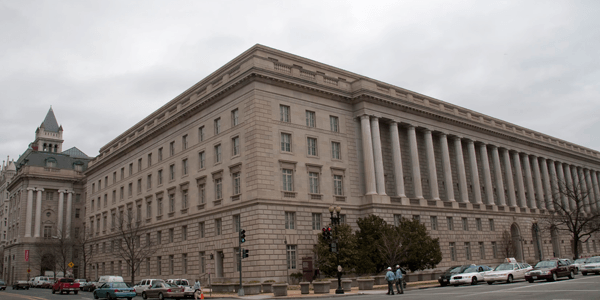Gift Planning
Planned Giving
Find out what types of assets make the best planned gifts. Learn about gifts of cash, securities and property.
Bob and Mary Are Giving Smarter and Achieving Their Dreams...Find Out How You Can Too!

Bob and Mary first met at Two-Bit Flicks, a 25-cent movie night held on Fridays in Brighton Lecture Hall. When the spring formal hosted by the women's dorm came around, Mary asked Bob to go with her. It was their first "official" date.
The rest, as the saying goes, is history. Or in Bob and Mary's case, it is natural history. That's because Emporia State also introduced them to a lifelong passion for the natural sciences.
Bob and Mary feel Emporia State was the catalyst for the life they've built together. Mary became a science educator for 6th, 7th, 8th and 9th grade students. Bob founded and served as director of the Great Plains Nature Center and became a renowned nature photographer.
Now they want others to have the same opportunity they did. They want to help students come to ESU and discover a passion they can follow for the rest of their lives.
Bob and Mary found a simple and easy way to achieve this dream. When they set up their trust, they named Emporia State as a beneficiary.
What's your dream?
Learn how easy it is to make your dream a reality by naming Emporia State University in your will or trust. Contact Angela Fullen, Director of Planned Giving at the Emporia State University Foundation. She can answer your questions or help you get started. If you have already named Emporia State in your will or trust, let us know. We will make sure your gift does everything you want it to do.
"I would encourage anyone, if they are thinking about doing something like this, to contact the Foundation. For us, it has been a great experience." - Mary Butel
Getting Started is Easy
Not sure how to take the first step? We've got just the thing you need. Download your free Will and Estate Planning Guide. This guide is an easy way to get started on, or update, your estate plan. It will help you explore your options at your own pace. It's free, easy and yours to keep.
Download your copy today or contact Angela Fullen to request a printed copy.

Angela Fullen
Director of Planned Giving
Telephone: 620-341-6465
[email protected]
Washington News

Income Tax Revenue Up 29%
Total tax receipts for the federal government were $4.9 trillion, as estimated by the Congressional Budget Office (CBO). This was 21% greater than federal year 2021. This is the largest increase in five decades. Payroll tax was up 13% and corporate taxes were up 14%.
With a dramatic increase in all of the tax collections, the Federal deficit declined substantially in 2022. However, the $1.4 trillion estimated deficit was still the fourth highest ever. The 2020 deficit was the highest on record and reached a peak number of $3.1 trillion.
The 2022 deficit declined substantially because of the return to normal activity after devastating losses to the entire nation during the COVID pandemic. The government had estimated that the 2022 deficit would be approximately $1 trillion. The increase from $1 trillion to $1.4 trillion reflects the decision of the President to offer $426 billion in student loan forgiveness.
The vast majority of federal revenue comes from individual income taxes. Of the total federal revenue, 84% came from individual income and payroll taxes. While there was an $850 billion total increase, 89% of this amount, or $758 billion, was the result of the increased income and payroll taxes.
The individual tax amounts were estimated to increase from $2.04 trillion in 2021 to $2.64 trillion in 2022. The federal 2022 year ended on September 30, 2022.
A moment of history gives some perspective on this large increase in tax payments by individuals. This $539 billion increase in taxes from individuals was greater than the total taxes paid by individuals in 1995.
The Federal budget deficit was down by $548 billion. However, this was primarily due to the phaseout of various pandemic spending programs. There was a $468 billion reduction in tax credits and economic impact payments. The end of the enhanced unemployment insurance benefits saved $359 billion. Finally, the phaseout of the Paycheck Protection Program saved another $300 billion.
As a result of these reduced expenditures, the Federal deficit declined. However, the $1.4 trillion deficit remains a substantial number.
Published October 14, 2022
Previous Articles
Hurricane Ian Tax Relief in the Carolinas
COVID Tax Penalty Relief Deadline


